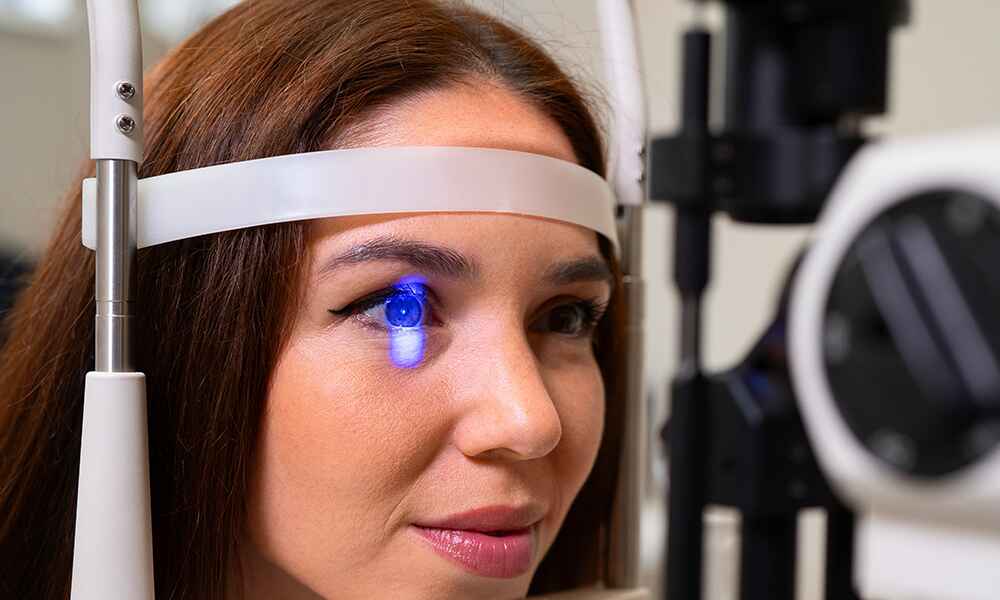
Aging naturally reduces the body’s ability to produce antioxidants, increasing oxidative stress within ocular tissues. The eyes face decades of cumulative damage from light exposure, environmental toxins, and metabolic processes that generate harmful free radicals. This combination creates a growing imbalance between oxidative damage and protective mechanisms as people age. Supplementing with the best vitamin c for eyes becomes vital for maintaining optimal vision and preventing age-related ocular deterioration.
Declining natural defences
The bodys endogenous antioxidant production decreases, especially with advancing age, leaving ocular tissues more vulnerable to oxidative damage. Enzymes like superoxide dismutase and catalase, which naturally protect against free radical damage, become less active over time. This reduced internal protection creates a growing need for external antioxidant support to maintain proper cellular function within the delicate structures of the eye. Cellular repair mechanisms also slow with age, meaning damage accumulates faster than tissues can recover. The combination of reduced antioxidant production and slower repair processes makes supplemental antioxidant vitamins essential for preserving long-term ocular health and preventing vision decline.
Cumulative damage accumulation
Years of exposure to ultraviolet radiation, blue light, and environmental pollutants create accumulated oxidative stress within retinal tissues. This cumulative damage builds slowly over decades, often without noticeable symptoms until important deterioration occurs. The retina’s high oxygen consumption and constant light exposure make it particularly susceptible to oxidative damage over time. This widespread damage requires comprehensive antioxidant protection to address the various pathways through which oxidative stress compromises vision quality and ocular health.
Age-related metabolic changes
Metabolic processes within the eye change with age, often producing more free radicals while reducing the efficiency of natural protective mechanisms. These metabolic shifts create conditions where oxidative stress increases exponentially rather than gradually, accelerating the need for antioxidant intervention.
- Mitochondrial function declines with age, producing more reactive oxygen species during energy production
- Protein glycation increases, creating advanced glycation end products that generate additional oxidative stress
- Inflammation markers rise with age, creating chronic inflammatory conditions that perpetuate oxidative damage
- Blood flow to ocular tissues decreases, reducing the delivery of natural antioxidants and nutrients
- Cellular membrane integrity weakens, making cells more susceptible to oxidative damage
- DNA repair mechanisms become less efficient, allowing oxidative damage to accumulate in cellular genetic material
These metabolic changes create a perfect storm of conditions that make antioxidant supplementation increasingly crucial for maintaining ocular health and preventing vision deterioration as individual’s age.
Macular density preservation
The macula, which manages central vision and detail recognition, contains high antioxidant compounds that naturally decline with age. This reduction in macular pigment density leaves the central retina more vulnerable to light damage and oxidative stress. Maintaining adequate antioxidant levels helps preserve macular pigment density and protect against age-related macular changes. Lutein and zeaxanthin, two key macular antioxidants, filter harmful blue light and neutralize free radicals within the central retina. The body cannot produce these compounds independently, making dietary or supplemental intake essential for maintaining protective macular pigment levels throughout aging.
Lens clarity protection
The crystalline lens accumulates protein damage throughout life, leading to clouding and reduced transparency that compromises vision quality. Antioxidant vitamins help protect lens proteins against oxidative damage and slow ageing lens changes. This protection becomes increasingly important as natural lens repair mechanisms decline with advancing age. Maintaining lens clarity requires ongoing antioxidant support to prevent protein crosslinking and aggregation that creates cloudiness. Regular antioxidant supplementation provides the protective compounds necessary to preserve lens transparency and maintain clear vision throughout ageing.

